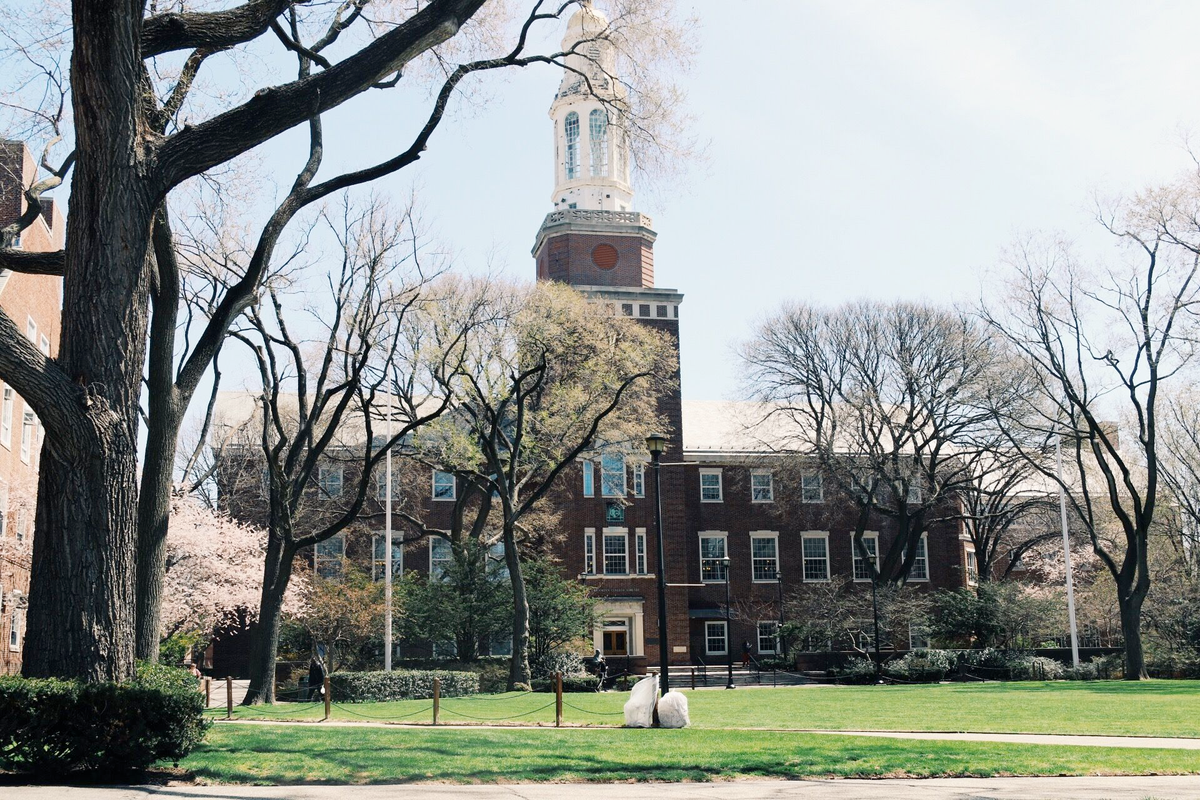Council Funding Doubles Budget for Brooklyn College’s Haitian Studies Institute

Brooklyn College. (Image: Zainab Iqbal/Bklyner)
In the midst of strife and upheaval in Haiti, an initiative at Brooklyn College that supports scholarship and research focused on the island nation is getting a boost.
The CUNY Haitian Studies Institute (HSI) at Brooklyn College announced today that it has received $1 million from the City Council, effectively doubling its budget.
The money will help support several initiatives at the five-year-old Institute, including a digital archive of its collections, a college-and-career-readiness conference for high schoolers, and a civic engagement program for Haitian and Haitian-American youth throughout the city. The money will also support the development of a Haitian Creole language curriculum and a new Creole dictionary, as well as conferences designed to connect community leaders and scholars focused on Haiti.
HSI’s Haitian-born interim director, Marie Lily Cerat, said she would also seek to hire a grant writer and assistants.
“This will allow us to bring in more of the resources we need to address so many problems right now,” said HSI’s interim director, Marie Lily Cerat. “We can bring in a team to help advance the institute’s mission and to make various activities a reality.”
The money was awarded as part of the record $99 billion budget approved by city officials earlier this summer. Similar research institutes at other CUNY campuses focused on Mexican, Puerto Rican, and Dominican studies also received funding; altogether, $4.5 million was committed to support scholarship, policy development and archival efforts at the centers.
But the new funding is especially meaningful for the HSI. In recent months, Haiti has been grappling with the fallout from multiple catastrophes, including a recent 7.2-magnitude earthquake that killed over 2,200 and the assassination of president Jovenel Moïse in July.
“When things like this happen, we see mobilizing the community as part of our job,” said Cerat.mThe Institute, she said, has been organizing volunteer translators and coordinating with elected officials and community-based organizations to support their response to the earthquake.
“But we would also like to help shape leaders who can rebuild the country so that Haiti is better prepared for events like this.”




